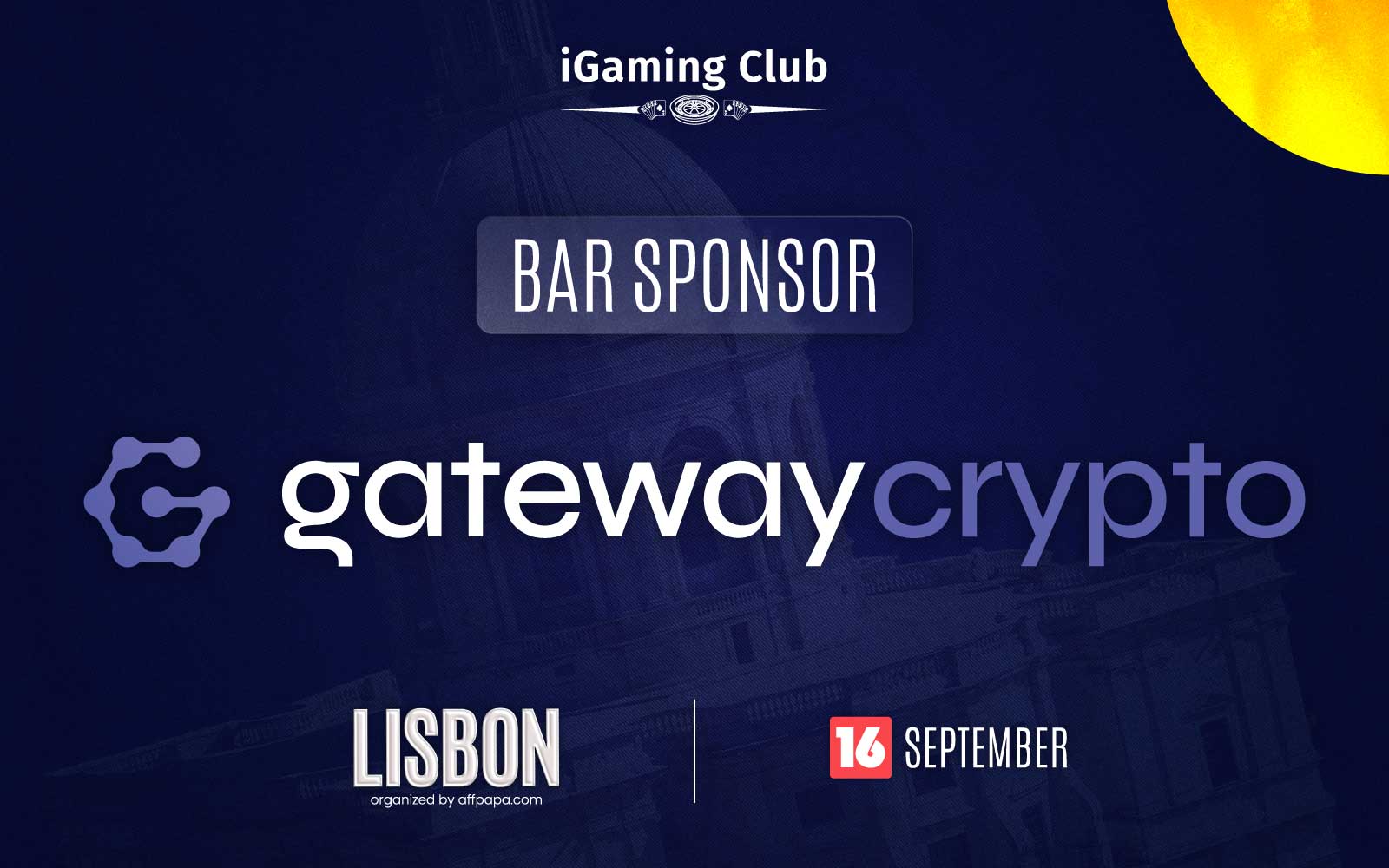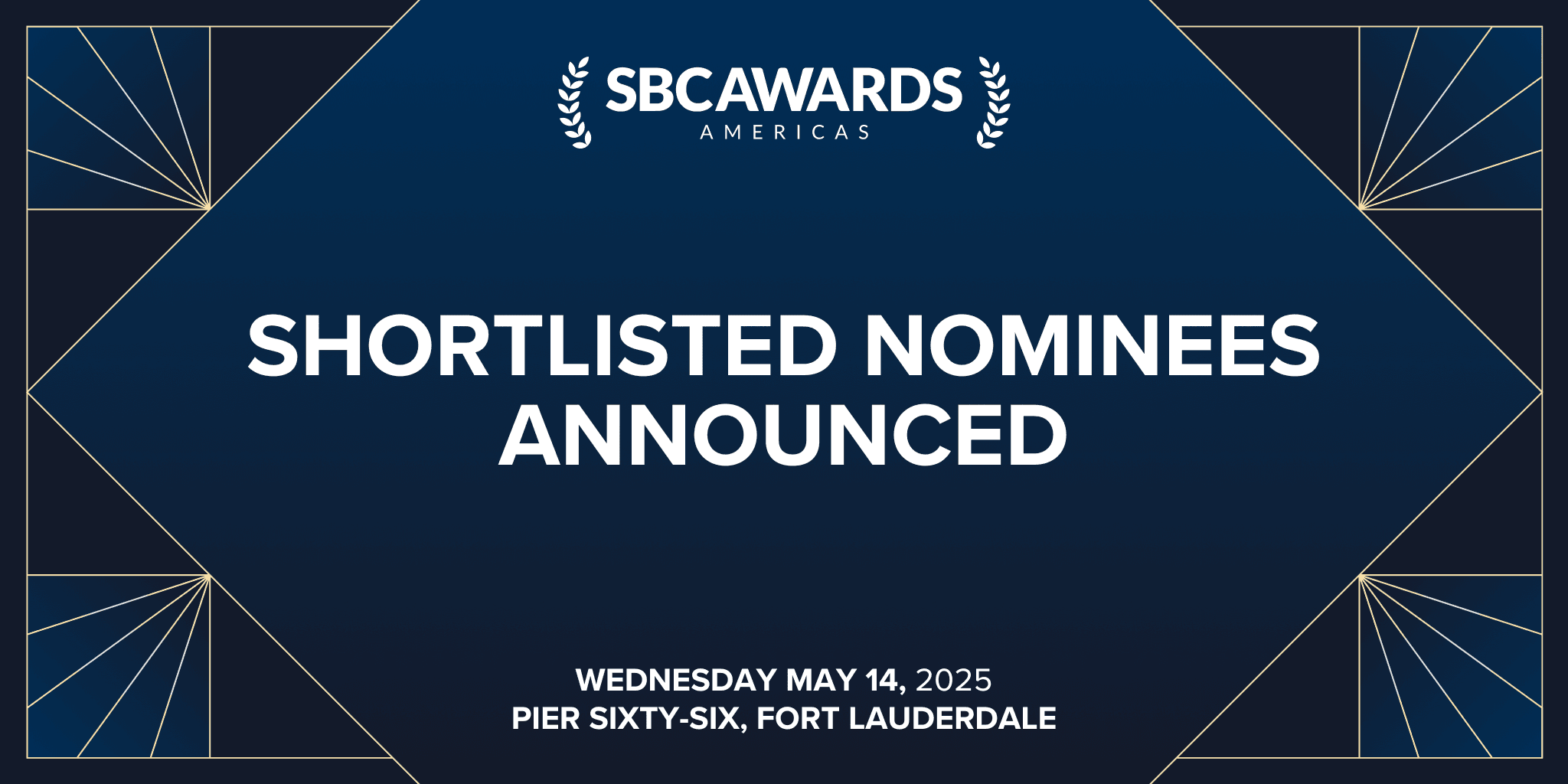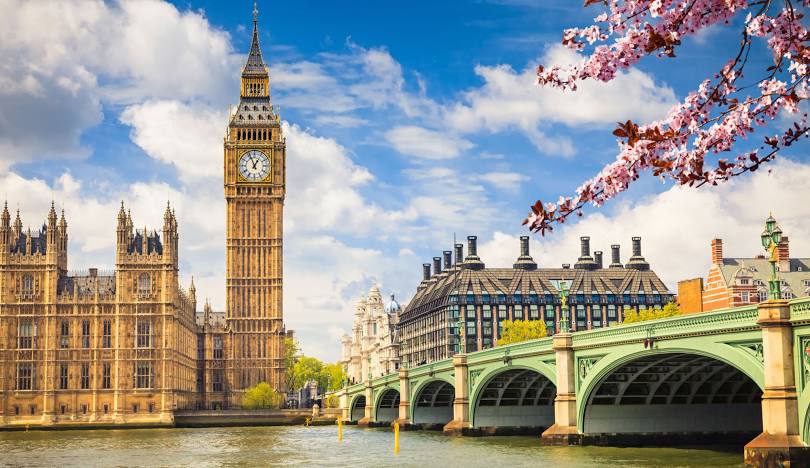
From 1 September 2025, the CAP Code covers all non-paid online marketing aimed at UK consumers by licensed gambling operators, regardless of where they register.
In this first week, the ASA has signalled how it will apply the wider remit. Recent rulings issued before September now serve as early benchmarks.
Timeline:
Week beginning 1 September: enforcement starts, and earlier rulings are applied across the wider remit.
Compliance cost reality check
Already, industry insiders report that compliance budgets have ballooned under the UK gambling ad crackdown. Medium-sized offshore operators, especially those based in Malta or Gibraltar, are now facing annual costs running into six figures to cover social-content audits, third-party monitoring, messaging review and legal sign-off, as previously reported in a recent SiGMA News article.
Affiliates and agencies have stalled campaigns while they wrestle with new pre-clearance checks. Heavyweights such as Flutter, Bet365 and Entain have adapted quickly, while smaller firms cut back and slow down.
It’s early days, but this cost burden is palpable and likely to influence who gets to broadcast their brand the loudest. These mounting costs arrive alongside ASA rulings that, although issued before September, now serve as early benchmarks for enforcement under the crackdown.
UK gambling ad crackdown: what’s working, what isn’t
Rulings handed down before 1 September now serve as reference points for applying the extended rules to UK-focused content. The ASA hasn’t wasted time.
In rulings dated 16 July 2025 (which now fall within the extended scope), Play’n GO Malta Ltd was censured for banner ads featuring cartoon characters. The ASA said this was an obvious example of “strong appeal” to under-18s, breaching CAP Code rules 16.1 and 16.3.12. Rule 16.1 states: “Marketing communications for gambling must be socially responsible, with particular regard to the need to protect children, young persons and other vulnerable persons.” Rule 16.3.12 states: “Marketing communications must not be likely to be of strong appeal to children or young persons, especially by reflecting or being associated with youth culture.” Source: CAP Code – Gambling.
Although the decision predates the 1 September extension, it provides an early benchmark for how the strong-appeal test now applies across UK-targeted non-paid content under the widened remit. Conversely, Mecca Bingo narrowly escaped sanctions for an emoji-driven film-guessing post—the ASA deemed it unlikely to strongly appeal to children.
These decisions emphasise ASA’s commitment to consistent application, including to content hosted outside UK-registered operators.
Still, academics and watchdogs warn that early enforcement means little if the ASA can’t keep up with the flood of content on social platforms.
During the Premier League’s kick-off weekend in August 2024, Bristol’s research team tracked 29,145 gambling messages spanning TV, radio and digital feeds. Researchers sent over 100 flagged social posts to the ASA for review.
The Bristol team used real-time scraping tools across television, radio, social and digital platforms to map exposure levels, making it one of the most comprehensive ad-tracking studies ever conducted in the UK market.
“The real test is scale,” says Dr Raffaello Rossi, who led the research. “When tens of thousands of gambling messages can appear in a single weekend, the ASA now has the remit — but whether it has the resources is another question.”
Industry response and strategic shifts
For operators based in low-regulation jurisdictions, the old advantage of regulatory arbitrage has evaporated. Firms are now investing heavily in compliance teams and pre-posting approval workflows.
Strategic alignment is shifting toward a “compliance-first” model, meaning content that used to rely on bold visuals and viral flair is being smoothed and sanitised. Legal advisers note that context and audience now decide borderline calls: for example, emoji-led posts are not automatically deemed strongly appealing to under-18s, but must be assessed case by case.
Larger operators such as Flutter, Bet365 and Entain have the teams to adjust their UK channels at speed. Affiliates and agencies don’t have that luxury; contract delays and internal reviews are already slowing promotions.
Compliance specialists warn that rising costs could accelerate market concentration. Smaller offshore firms, already operating on thin margins, may scale back their UK activities. If that happens, larger incumbents would consolidate share, narrowing consumer choice and reducing bonus competition. The shake-up could mean consumers see fewer challenger brands, while major operators deepen their presence across regulated channels.
Platforms are moving too. Meta tightened standards in July 2025, requiring licence verification and 18+ targeting for gambling ads, while TikTok’s August 2025 policy updates reinforce that gambling ads stay adult-only, and each market sets its own guardrails.
The three-month test
The timetable is filling fast. October brings the Gambling Commission’s reforms on deposit limits and player protection. CAP’s three-month consultation window closes on 1 December, a deadline for operators to press their case. Later that month, the European Parliament will take up a draft resolution on cross-border ads.
Analysts argue that three signals in particular will define how this consultation plays out.
ASA rulings: The first post-September decisions will reveal whether the regulator interprets “strong appeal” narrowly (e.g. only cartoons) or broadly (e.g. memes, influencers). A stricter reading could force operators to overhaul entire content strategies
Operator lobbying: In response to CAP, operators push for “scope clarification,” seeking certainty regarding organic social media, influencer posts, and affiliate promotions. Any narrowing would reduce compliance costs.
Affiliate resilience: If affiliates retreat, it wouldn’t mean closing down overnight. It could take the form of pausing UK campaigns, shifting budgets to other markets, or consolidating under larger agency networks. Either way, it would shrink the promotional ecosystem and reduce choice for operators.
Global ripples
The UK gambling ad crackdown is already resonating abroad. In Australia, a parliamentary inquiry has called for a phased ban on gambling ads. Lawmakers are now expected to move on legislation before the year ends. In Brussels, the Internal Market Committee has been pressing since mid-2025 for common advertising rules. A draft resolution on cross-border gambling ads is now expected to reach debate before the end of the year. Against this backdrop, the UK’s crackdown may serve as a playbook for regulators seeking stronger consumer protections.
One week in, the message is unequivocal: regulatory consistency is no longer optional. Offshore advantage is evaporating, larger operators are adapting, and smaller firms are already under strain. ASA’s early rulings have set the tone: comply or get called out.
The UK gambling ad crackdown is just getting started. Over the next three months, we’ll see whether it becomes a blueprint for global regulation or a warning about compliance fatigue. Regulatory arbitrage has run its course. What remains to be seen is how hard the ASA’s upcoming rulings cut into operator practice.



 2025-09-10
2025-09-10















